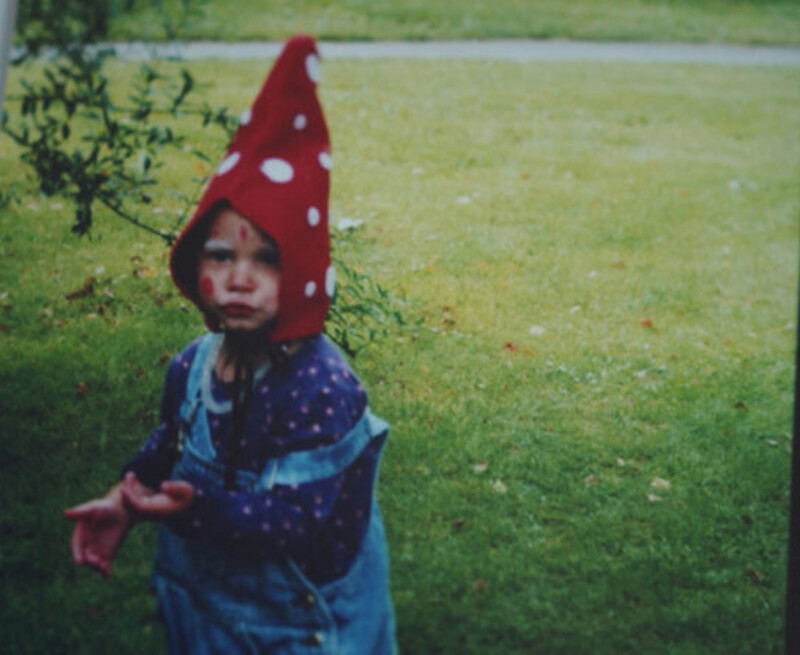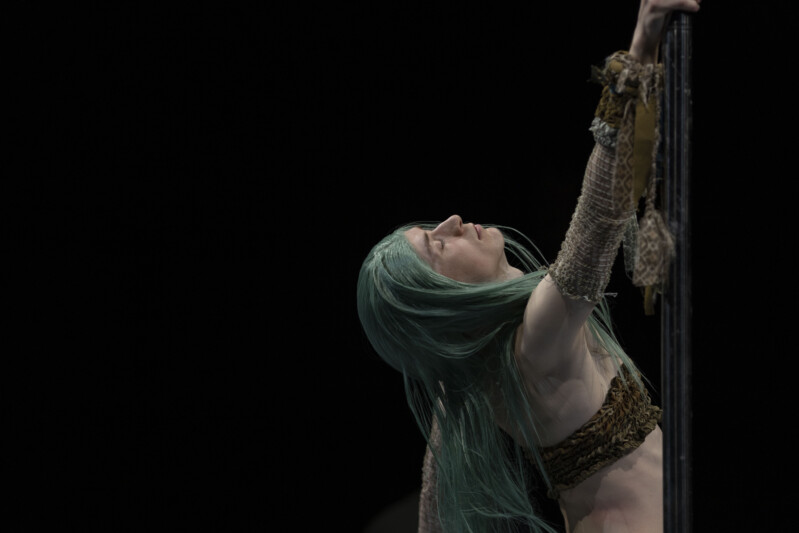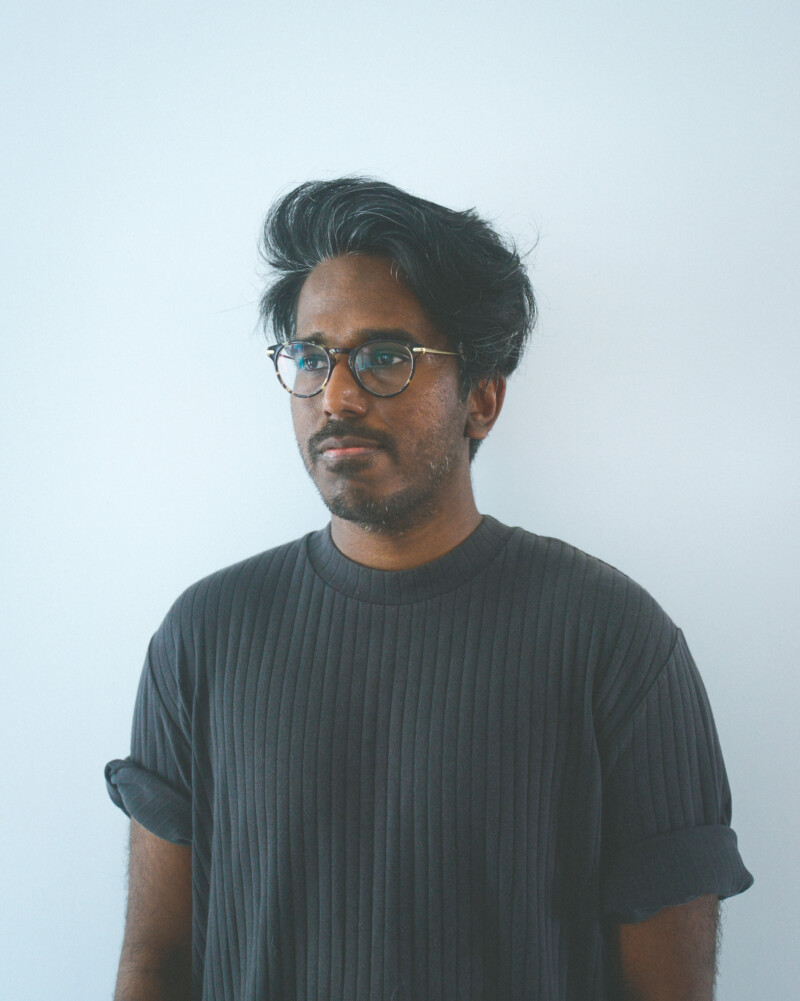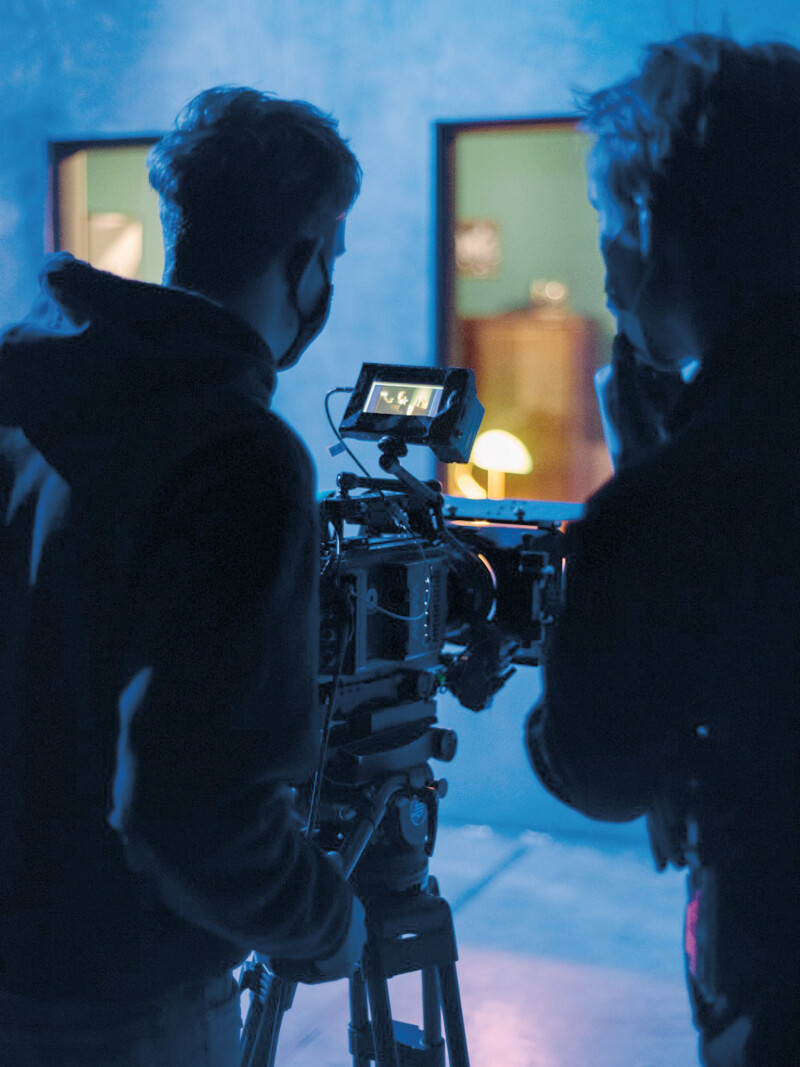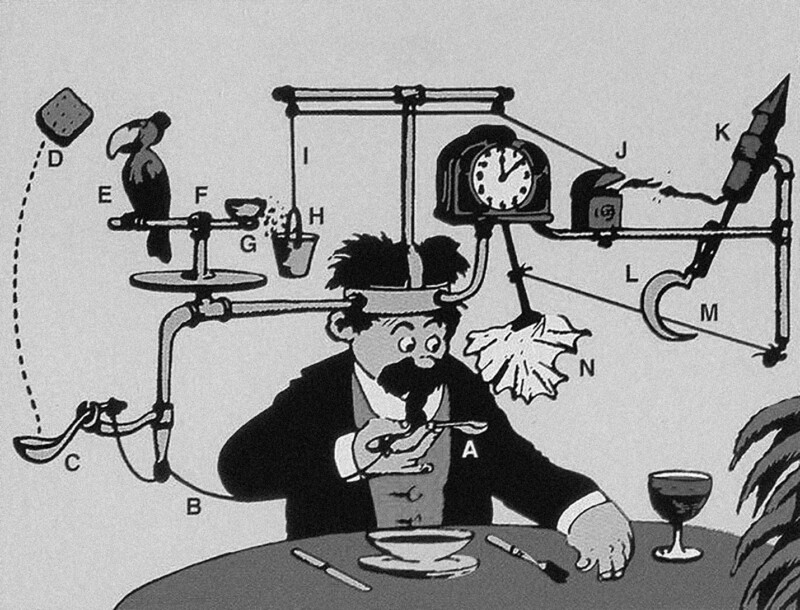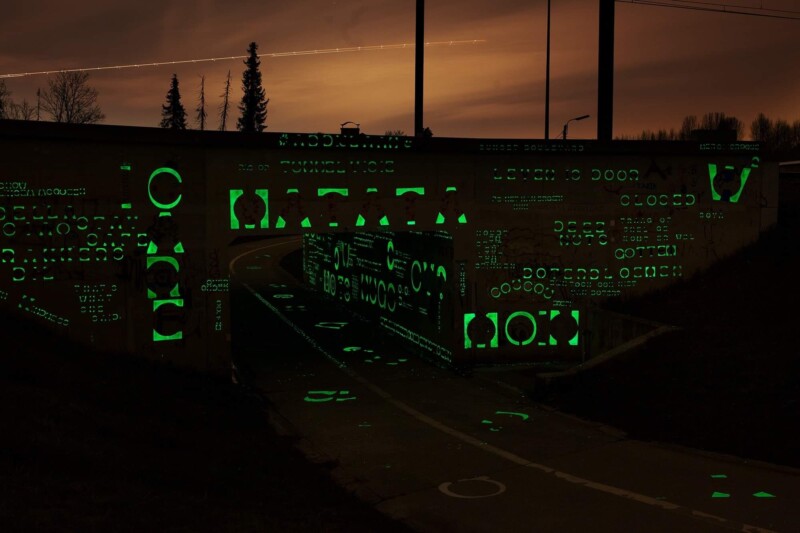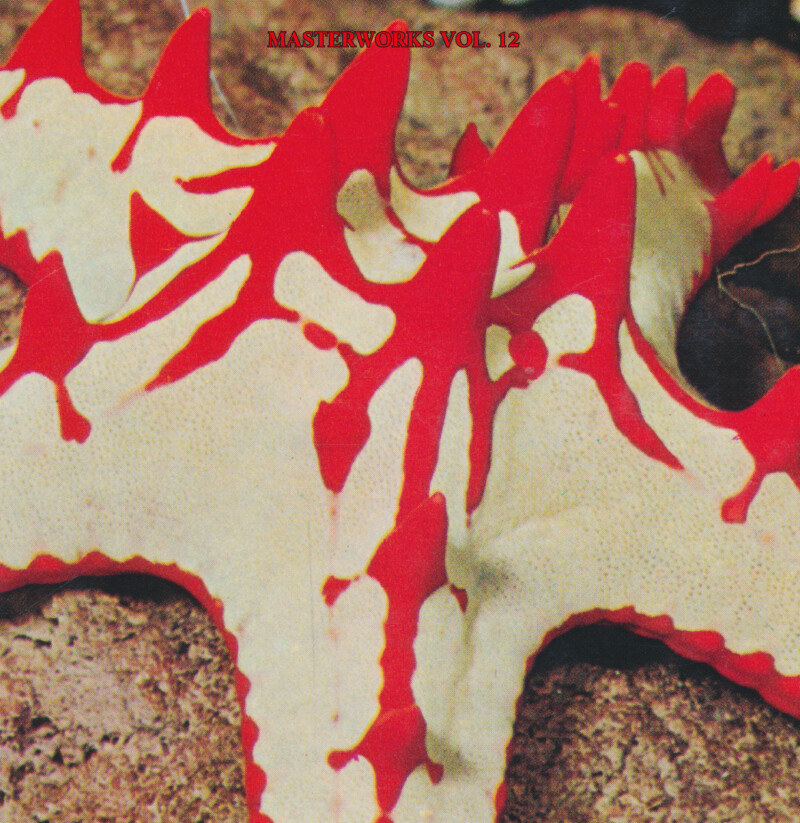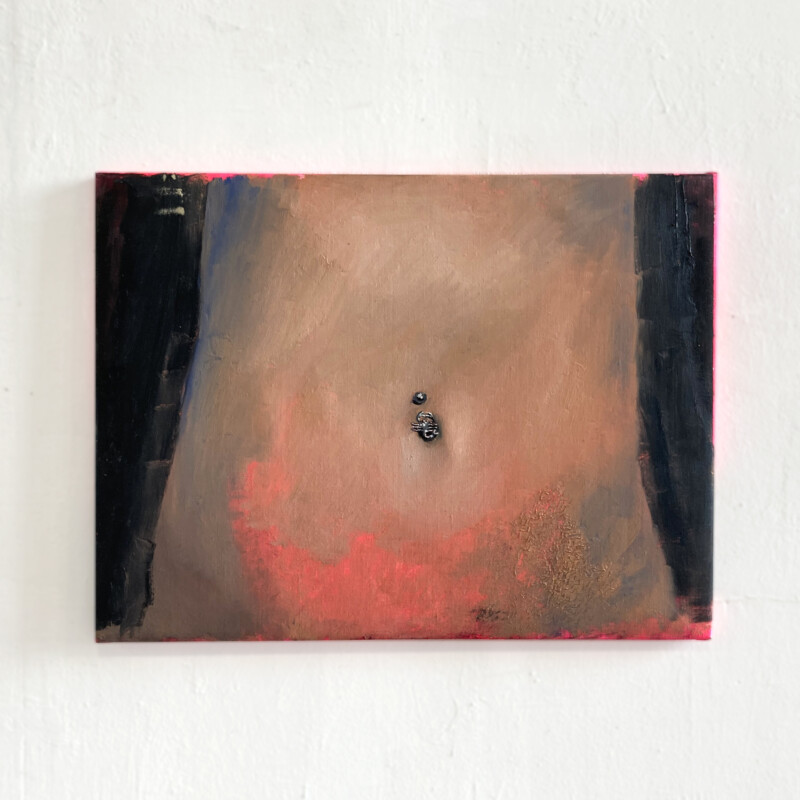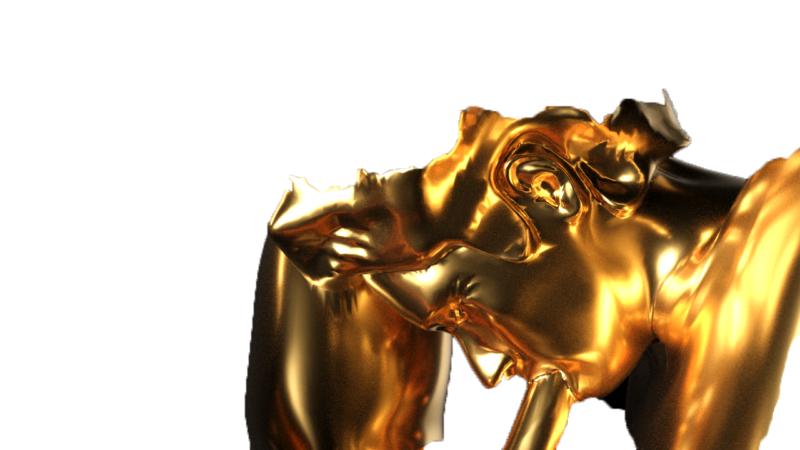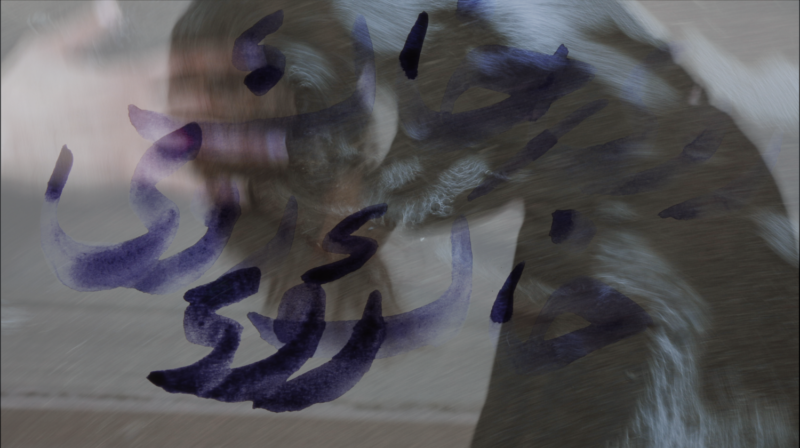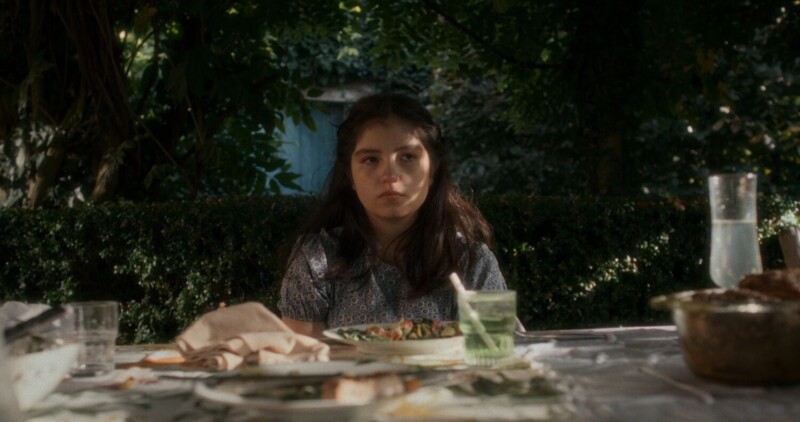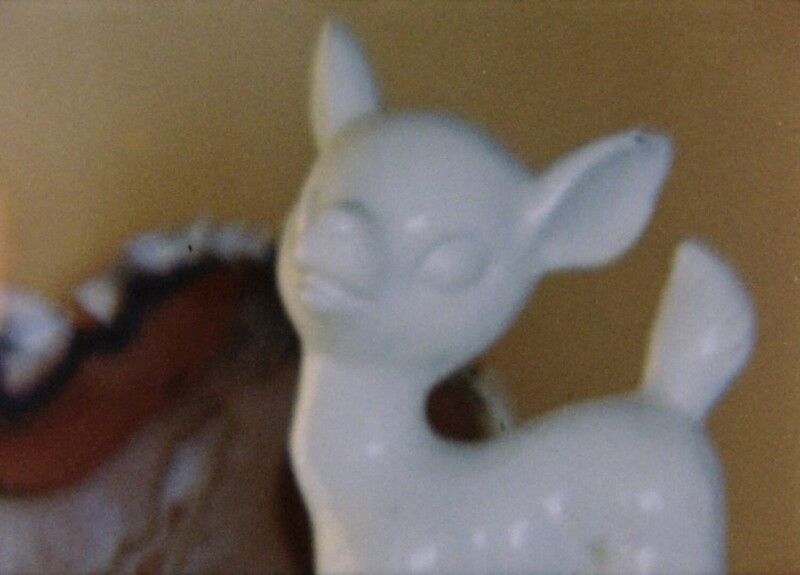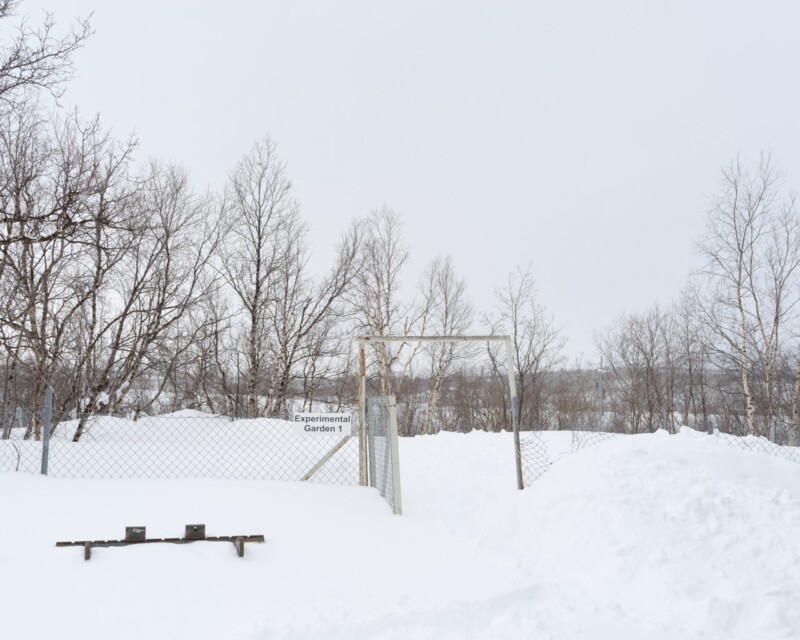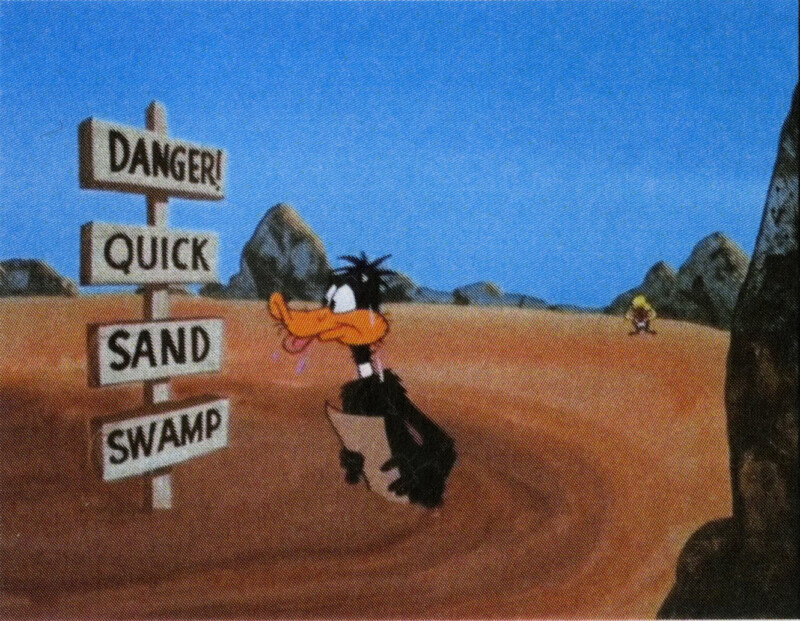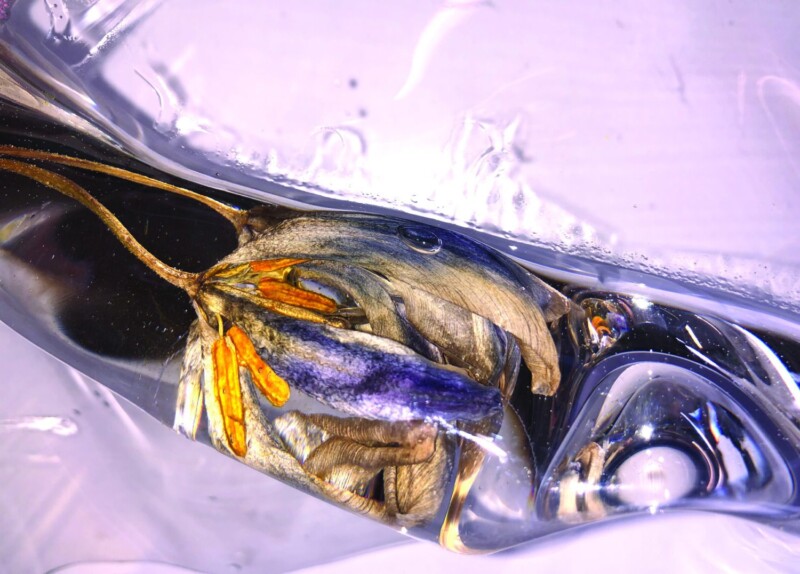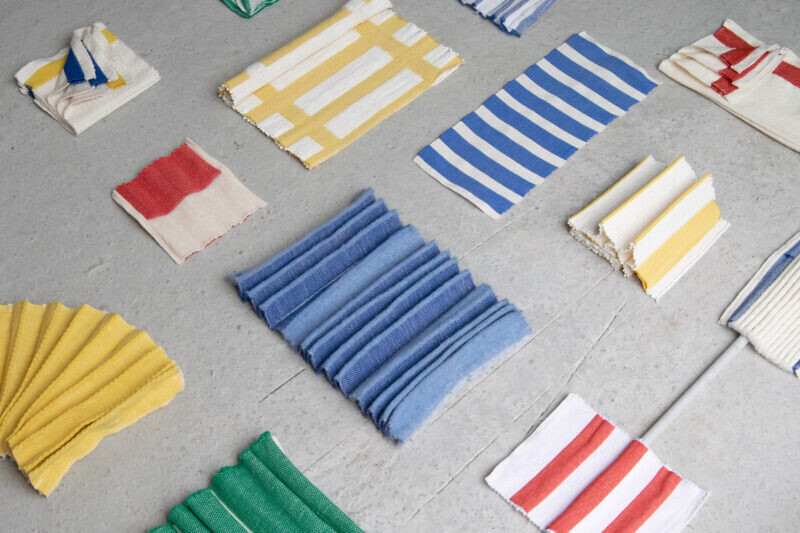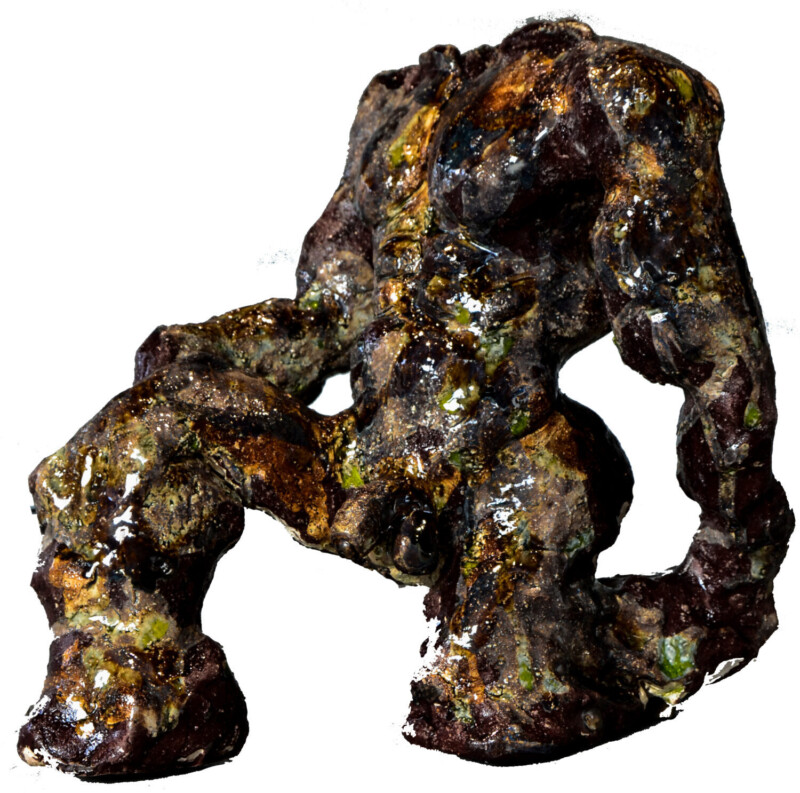George Chinnery
Some sort of informal situation
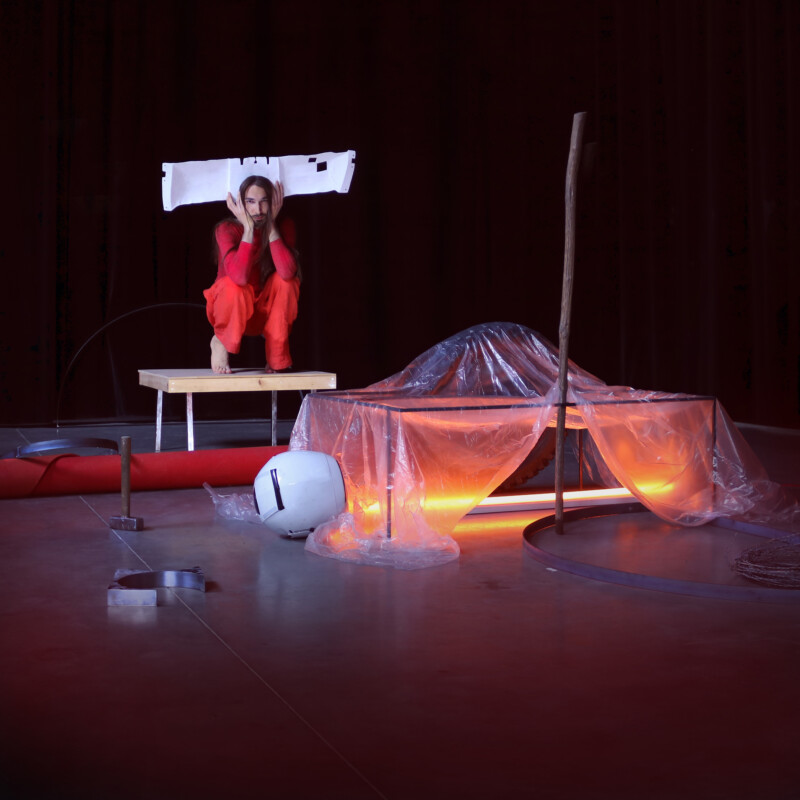
George Chinnery is a poet, who works in mysterious ways. Time for a chat.
ONRUST
Hello, George. Tell us, what is it you do?
George Chinnery
Installation. I mainly work with sculpture, video, sound and poetry – my own poetry. Language is always at the centre.
ONRUST
What language?
George Chinnery
Well, I’m sort of a collector. I have a lot of ongoing archives. My phone is always full of notes: bits of conversation I overheard, an advertising slogan… Just everyday stuff that resonates with me. The same goes for images and videos. For instance, I just made a zine in collab with Ant Mag. It’s all source material and off-cuts. A playful collection of influences. As you see, I have drawn quite a bit from my archive of car components. For me it’s a sort of contemporary archeology. I like cataloguing and list making. I find it very soothing.

ONRUST
Why?
George Chinnery
O, I don’t know, it’s the feeling that things and meaning can accumulate. It relieves me of the constant pressure of juggling things in my head. It’s a form of structure.
ONRUST
Is it also a response to the overwhelming digital experience?
George Chinnery
Well, the title of the zine is ‘Growing a fan base online has never been this easy’. It voices some of the frustrations I experience trying to promote myself as an artist on social media. It feels very artificial. I guess an artist already does enough free labour and to sustain this online identity feels like another layer of it. But on the other hand, I also draw energy from that digital context, especially the way in which history and hierarchies seem to collapse into one flat plain. Everything in proximity to everything else.
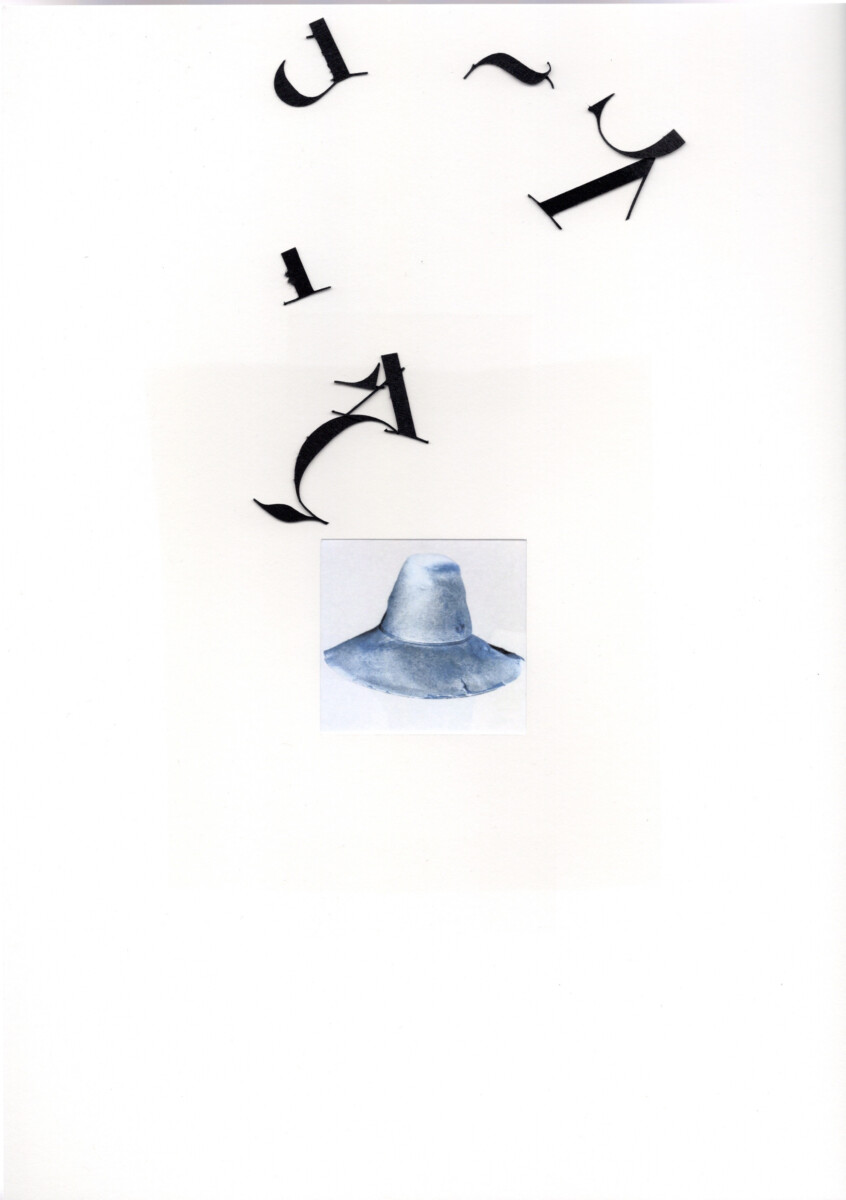

ONRUST
As is the case in your work?
George Chinnery
My practice is about trying out new connections between very different things. I have a document called ‘What is my work about’. Another list, yes. Its a collection of inroads… It starts like this: it’s about keeping things in perpetual orbit with each other / it’s an unruly archive made up of fragments / a kind of contemporary archaeology / finding joy in the absurdity of everyday things / the slipperiness of language and meaning / luxuriating in metaphor / creating ephemeral partnerships / playing with hierarchies of value / creating poetry through friction / decon-tex-tualisation as an infinitely fascinating game… It goes on.
ONRUST
How then do you keep in orbit, create partnerships, luxur-iate in metaphor etc.?
George Chinnery
I wait for some flow, a particularly creative moment that allows me to make quick intuitive decisions about how to combine certain materials. Afterwards I reflect in a more rational way and refine. But that first intuitive moment stays dear to me and I try to trust it. There’s a lot that can’t be rationalised.
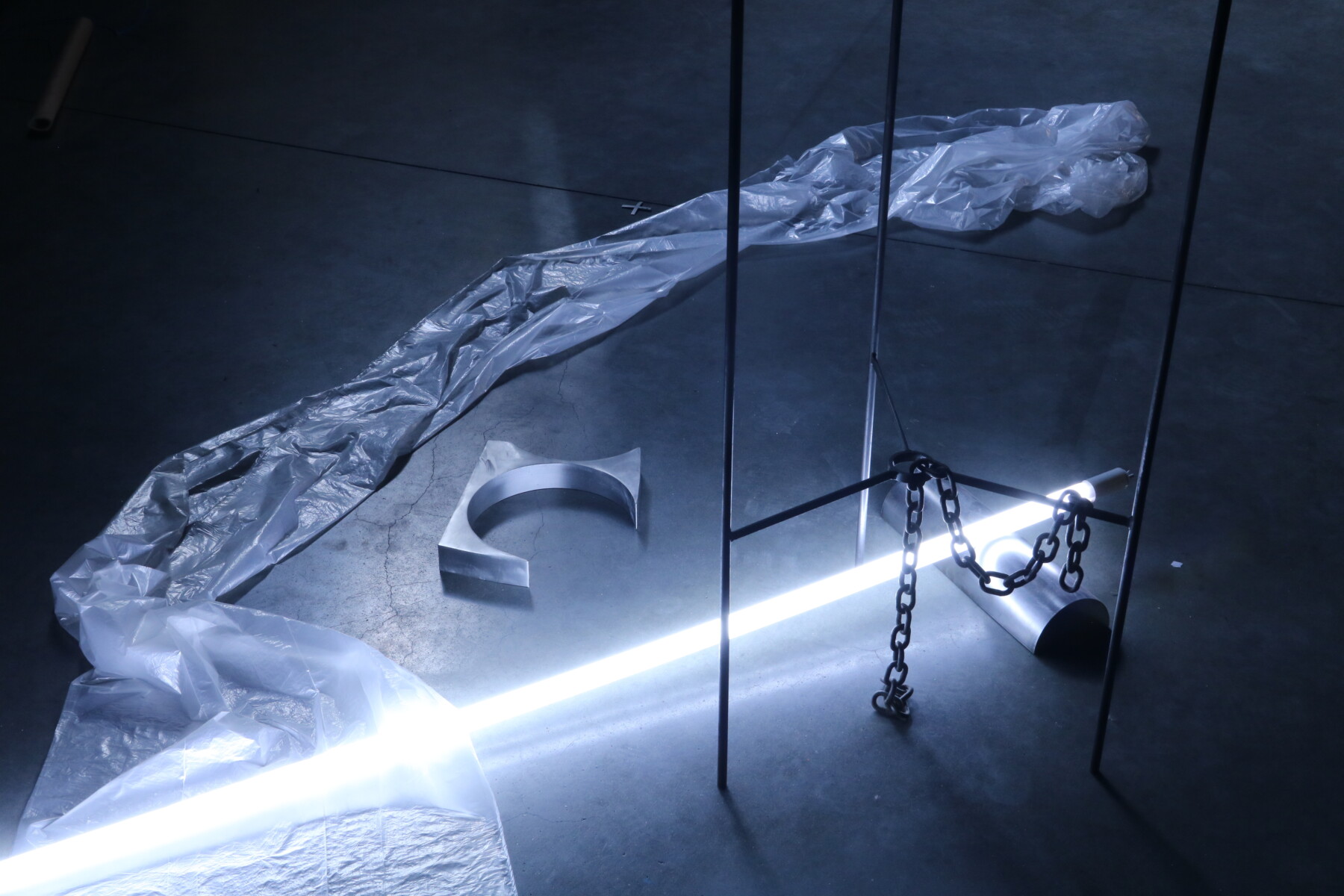
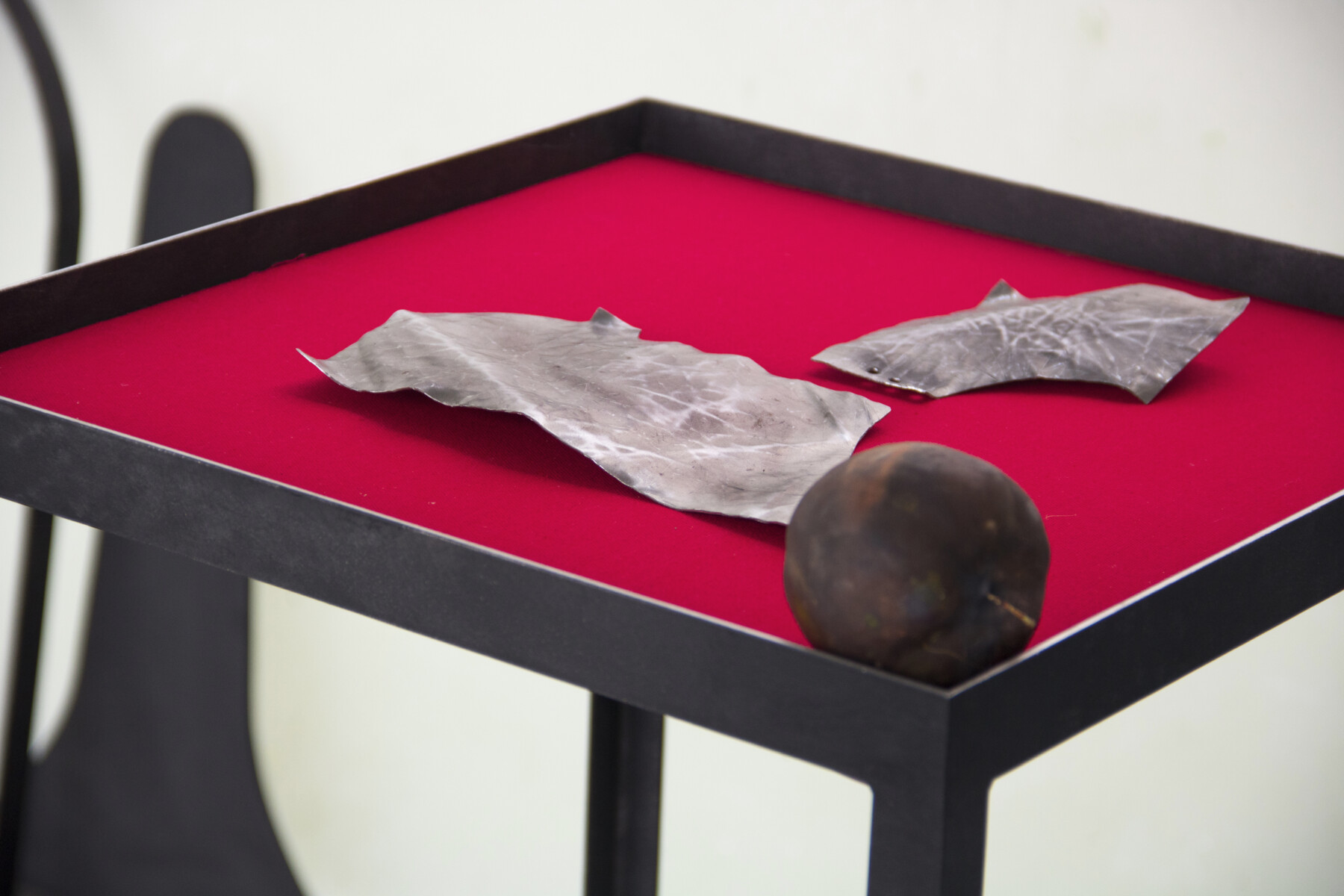
ONRUST
Working from intuition, how does one transcend the mere personal?
George Chinnery
You don’t have to. I think a lot of the imagery I’m drawn to already hangs in popular culture. I’m dipping into the vat of collective memory. Then again, no matter how specific you make certain connections, as soon as someone else looks at it, it becomes a different story. In the end, narrative and meaning are completely unpredictable.
ONRUST
Open, sure. Yet your work strikes us as anything but random.
George Chinnery
Agreed. There is a sort of aesthetic I’m drawn to. One of them would be ritual objects. This is where I take control. When it comes to making objects, I rarely use objets trouvés. Craft is very important to me. I get very engaged in manufacturing my objects. I used to be a professional metalworker. That’s probably an archetype of objects I like, industrial production. Lots of forms come from off-cuts. When I make something in metal,
I take pictures of the byproducts. That’s definitely a common thread.
ONRUST
How do you see your work evolving in the future?
George Chinnery
I have a parallel practice as a DJ under the name Pusjka. It started off as a separate creative entity, but increasingly I want to find how these worlds come together. One thing that I find lacking in an art context is the visceral intensity of a club, of electronic music. The heavy bass can be profound in a bodily way. It bypasses the intellect. I would like to bring some of that intensity into my installation. And vice versa: taking more experimental forms of poetry and found footage into my set. It can flow both ways.
ONRUST
Thanks and good luck.
Text: Régis Dragonetti.

